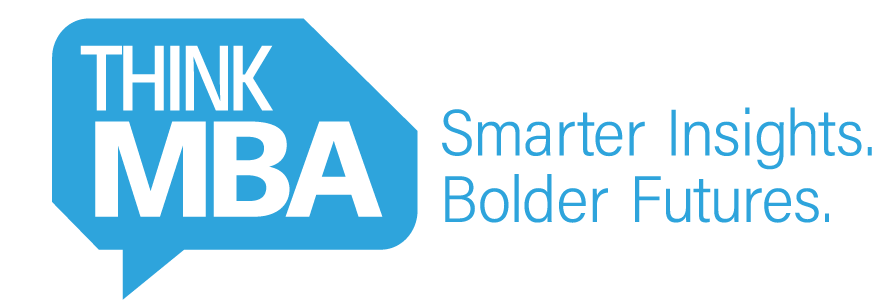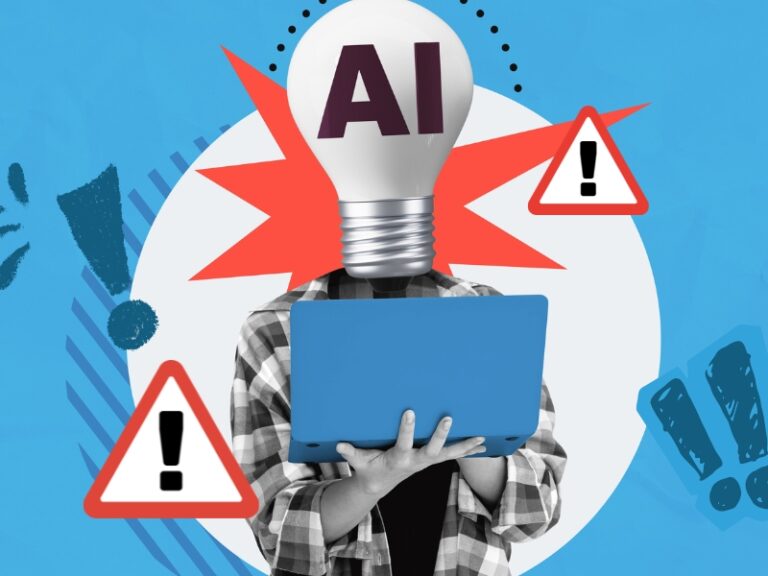Contact Us
[email protected]
Future-Ready Leadership Skills for Business Leaders 2030

The future of leadership requires new skills and mindset. Nicole de Fontaines reveals key competencies young professionals need to thrive by 2030. These include cultural intelligence, digital fluency, and a human-centred approach that drives purpose and global impact.
As the global business landscape undergoes rapid and unpredictable change, the expectations of future leaders are transforming just as quickly.
As the global business landscape undergoes rapid and unpredictable change, the expectations of future leaders are transforming just as quickly.
In a global study, CEMS collaborated with 20 of our multinational corporate partners to identify the essential attributes and skills young professionals will need to succeed as business leaders in 2030 and beyond.
Our findings revealed a striking consensus: while technical expertise and strong business fundamentals will remain crucial, they will no longer be enough. Instead, tomorrow’s leaders will need to combine analytical strength and industry expertise with creativity, cultural intelligence, entrepreneurial spirit, and, above all, a human-centred approach to decision-making that enables meaningful, sustainable impact.
Five key competencies for the future
CEMS corporate partners outlined five major competencies that will define successful leaders in the next decade:
1. Analytical rigour combined with creativity
The future belongs to leaders who can synthesise complexity into clarity. The ability to analyse large volumes of data is vital but the real differentiator lies in how creatively those insights are applied. Leaders who can balance structured thinking with creative problem-solving will stand out in a world increasingly influenced by automation and AI.
2. An entrepreneurial mindset
The business environment is evolving too rapidly for reactive leadership. Companies need individuals who are proactive, agile, and willing to challenge established norms. Entrepreneurial leaders must embrace ambiguity and pursue innovation with confidence and purpose. They will lead not by following a roadmap, but by creating one.
3. Cultural Intelligence (CQ)
Success will depend on the ability to lead across cultures and borders. Cultural intelligence – the ability to work effectively with diverse teams, understand different perspectives, and build inclusive environments – will be essential. Exposure to international teams and real-world global projects will be critical in developing this competence.
4. Specialisation meets management expertise
A broad understanding of management principles is no longer sufficient. Future leaders must bring deep knowledge alongside strategic business insight. Those who can combine sector-specific expertise with a holistic understanding of organisational operations will be particularly well-placed to lead in complex, interdisciplinary contexts.
5. Digital Fluency
While not every leader needs to be a data scientist or coder, understanding digital trends, data analysis, and emerging technologies is non-negotiable. Leaders must be able to bridge the gap between technical teams and business units, using digital fluency to drive intelligent, informed decisions that create value.
A human-centred leadership model
Alongside these technical and strategic competencies, our corporate partners unanimously stressed the growing importance of human-centred leadership.
These are the leadership traits that cannot be automated, that connect leaders to their teams and their broader societal responsibilities:
- Resilience and adaptability – to navigate a volatile and uncertain world.
- Emotional intelligence and humility – to lead with authenticity, empathy, and trust.
- Values-driven leadership – aligning business performance with ethical principles and long-term societal benefit.
- Well-being and sustainability – promoting personal and team health while supporting the planet and future generations.
Success will demand agility, bold creative thinking, an entrepreneurial mindset, a strong sense of purpose, and cultural intelligence to lead across borders.
What does this mean for talent development?
To prepare young professionals for this future, leadership development must evolve. Traditional executive education and talent programmes must go further, accelerating the development of these next-level competencies.
We are seeing progressive models already emerging among CEMS partners. At Lufthansa Group, a CEMS Corporate Partner, leadership is grounded in ambition, responsibility, and empathy. “Ambition means agility and readiness to create impact,” says Jonathan von Gutzeit, Senior Director of Talent Attraction & Employee Experience. “Responsibility fosters a culture of empowerment, and empathy enables collaboration and inclusion. These traits guide how we develop leaders from the ground up.”
BNP Paribas, another CEMS partner, values flexibility, global perspective, and a collective mindset in its future leaders. “We look for graduates who can ‘connect the dots’ and thrive in cross-functional teams,” explains Nicolas Barbier, Head of Company Engagement at BNP Paribas Portugal. “Success today comes from co-creation, adaptability, and the ability to apply data and technology within diverse, dynamic settings.”
The Path Forward
At CEMS, we believe deeply in developing the whole leader, who drives results while uplifting others and contributing meaningfully to society.
As we move toward 2030, the demand for leaders who can bridge the gap between innovation and humanity has never been greater. Businesses are not only looking for sharp minds, but for the ‘next-level’ leader. Individuals with bold vision, inclusive leadership, and the courage to lead responsibly.
About the Author

Nicole de Fontaines is Executive Director of CEMS, a global alliance with a presence on 6 continents, uniting 32 world leading business schools, more than 70 multinational companies, and 8 NGOs who together deliver the CEMS Master in International Management.





